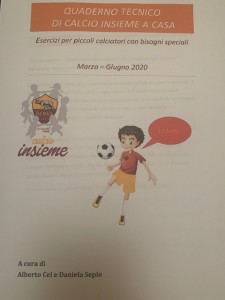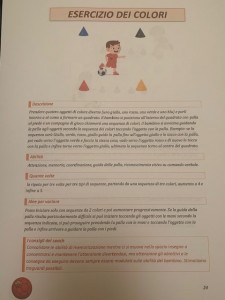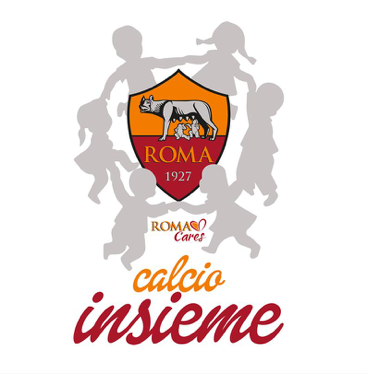Children and Youth with Autism Spectrum Disorder (ASD)
James K. Luiselli (Ed.)
New York, Oxford University Press
2014, 266 p.
http://ukcatalogue.oup.com/product/9780199941575.do
My interest as sport psychologist in the autism disorder is born from the idea that the motor-cognitive activities and sport could affect this mental disorder in positive way improving globally the youth life style and their psychosocial and motor skills. It could seem obvious to underly this concept but it’s not, for the reason that till today it has been very few to involve these individuals in sport or motor programs on regular basis. From my side as practitioner reading this book I received a lot of updated information about autism spectrum disorder (ASD) as a relatively new diagnostic label which reflects the variability in the differentiation of symptomatology among children and youth commonly described as having autistic disorder, high-functioning autism (HFA), and Asperger’s syndrome.
Skillfully edited by James K. Luiselli Children and Youth with Autism Spectrum Disorder (ASD) is a book of 15 chapters describing not only the theories about the autistic disorders but in same time presents the current best practices emerged from the evidence-based research, research-to-practice translation of empirically supported procedures, and consensus-driven recommendations from multiple disciplines.
For sport professionnels like coaches, sport managers, physicians and psychologists this book provide al leats three kinds of main information. The first is that also for these youth the sport determines healthy effects on their life. Second, in the same time, it’s not clear which could be the best coaching program to provide them and third we have a lot to learn from the other settings of their life, with the aim to adapt the strategies used in school or in other naturalistic approaches to build a program. Goal of the program is to develop self-management and self-regulation of their life starting from easy tasks. In my opinion, the most relevant chapter, after that ones of the first section devoted to diagnoses, assessment and measurement, is in the second section and it’s titled “Self-management and Self-regulation”. It provides the main frame to understand the goal of the interventions in the different area of the life while all the other chapters cover specific topics to achieve this goal of self-management.
All the other chapters are very interesting and each reader will find that one that will be more useful to reach his/her goals with these guys. The seven chapters of the section two describe best practices and from all of them sport practitioners can receive information and support to build their programs. Sections three (with the chapter on Exercise, Physical Activity and Sports) and four discuss in deep topics regarding food, sleep, mindful caregivers, cognitive-behavioral therapy and behavioral family intervention.
I recommend this book to all work in sport with youth of mental disorders, it provides information research-based and best practices to know in order to improve the program with youth with special needs








